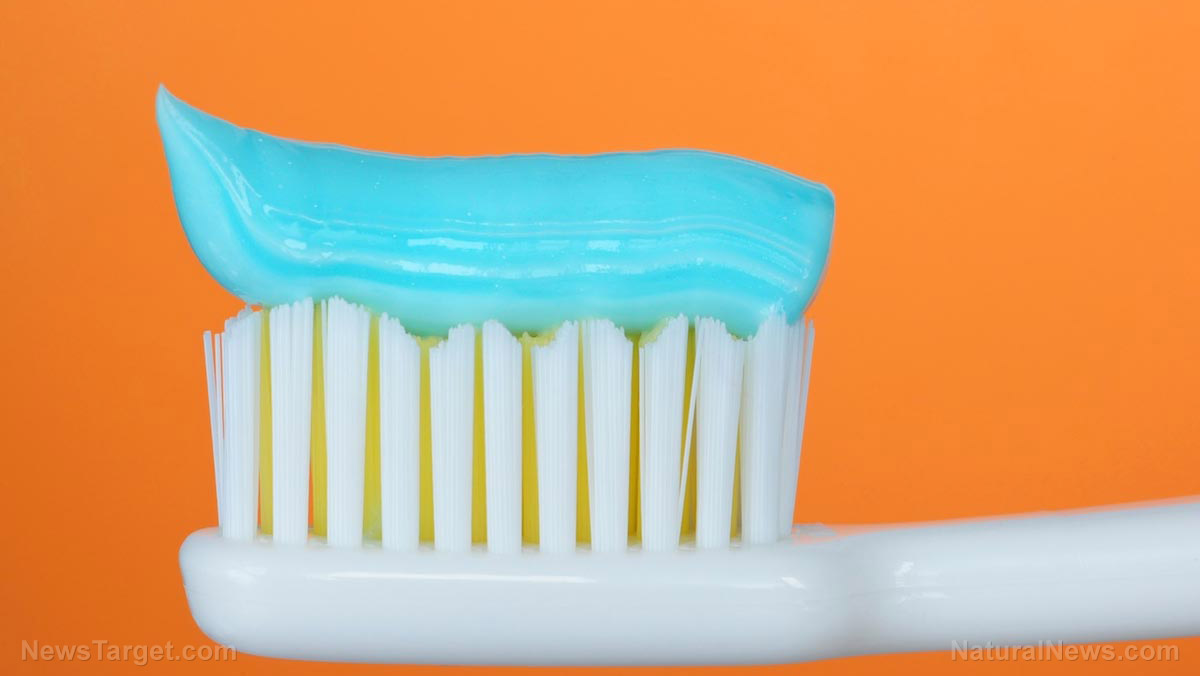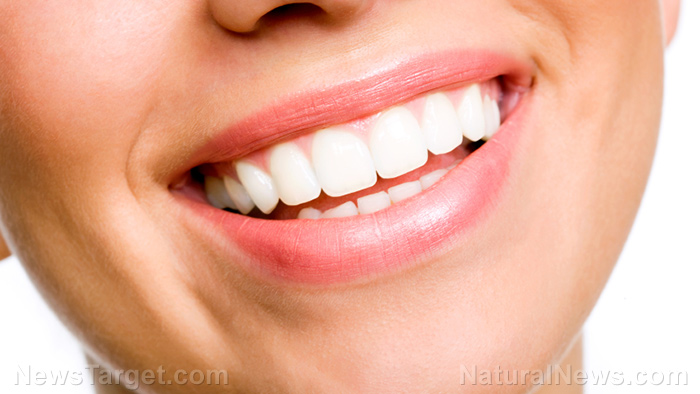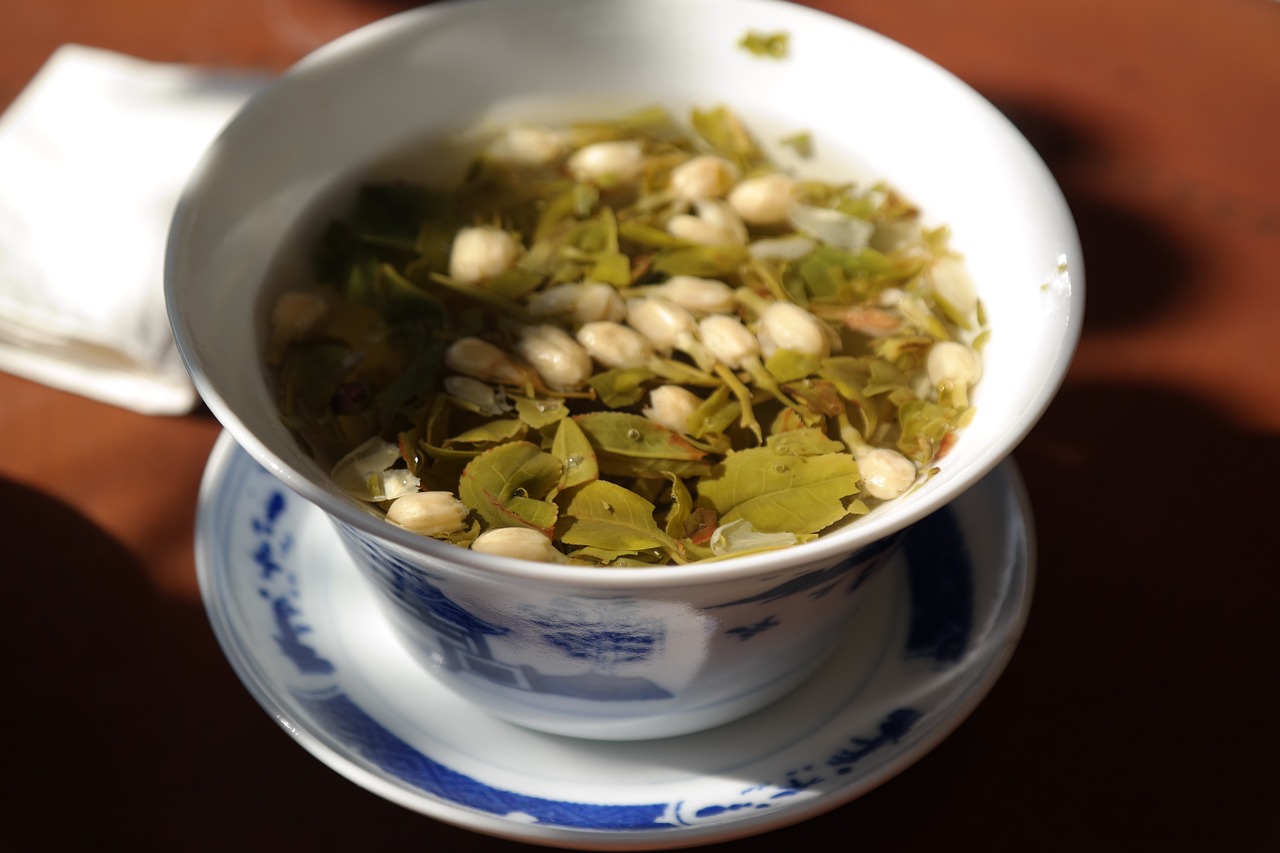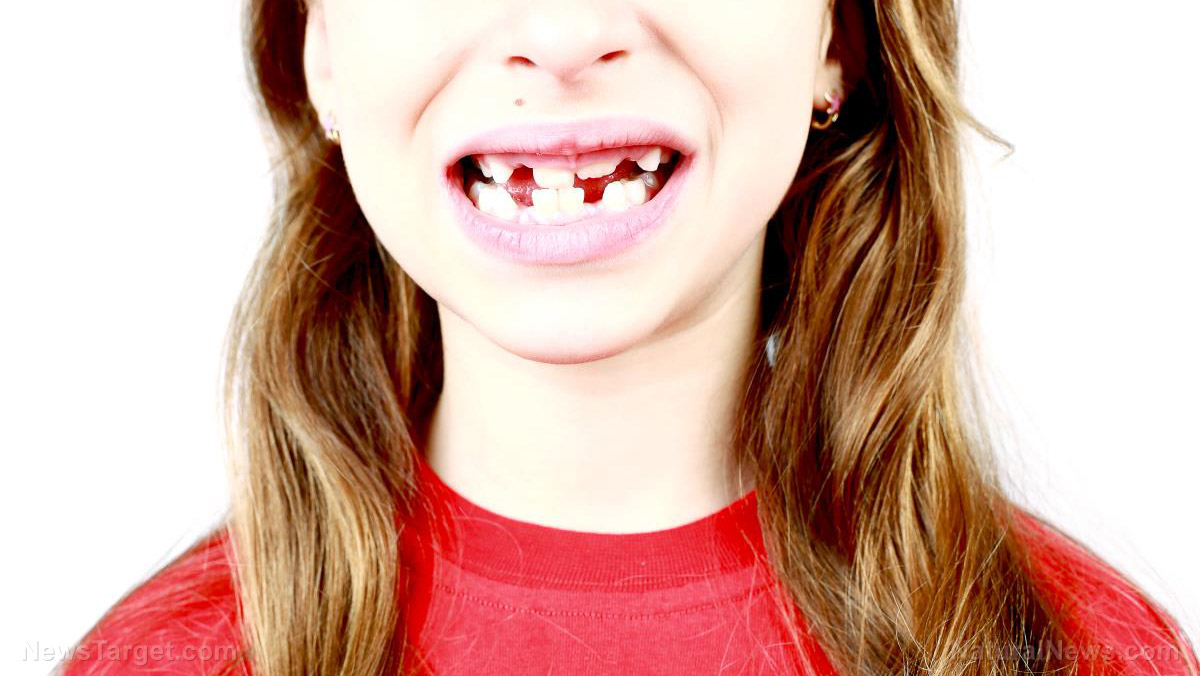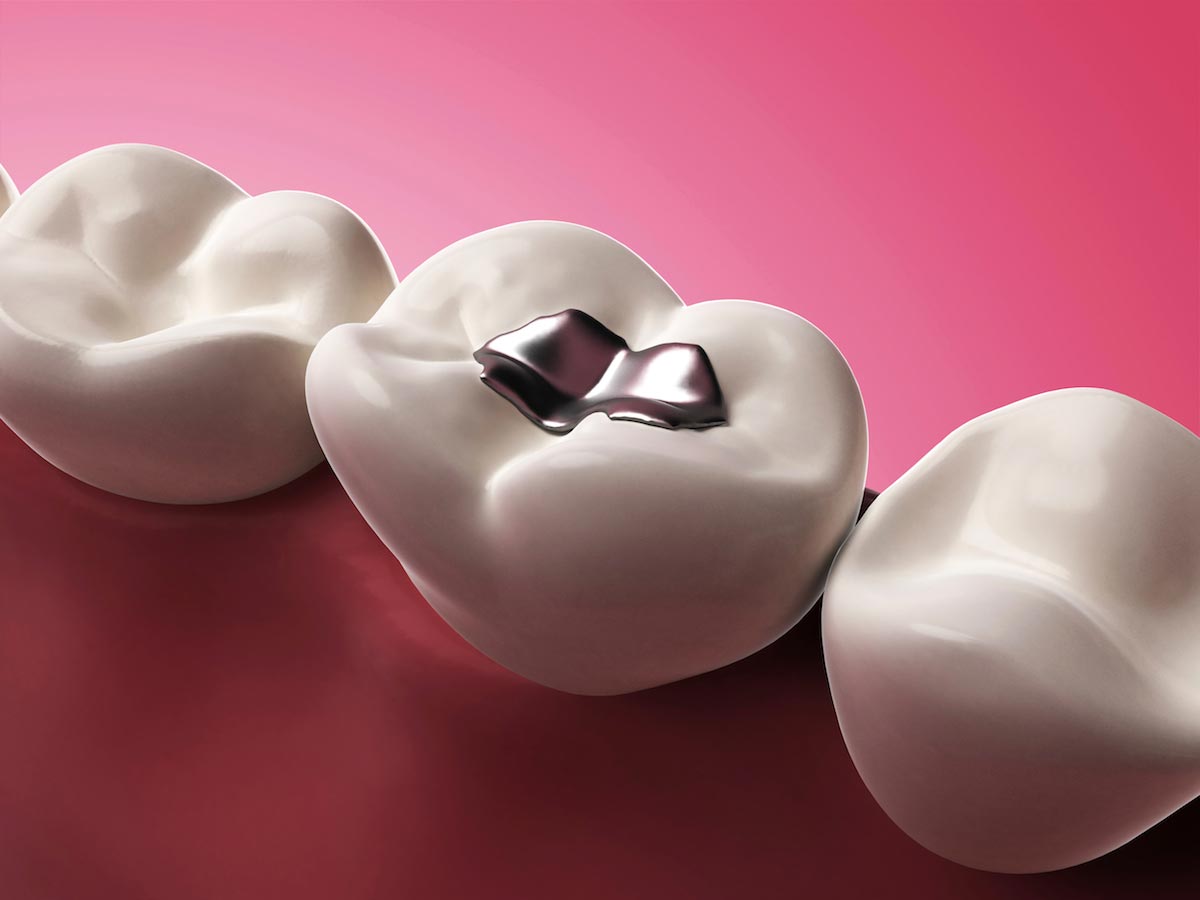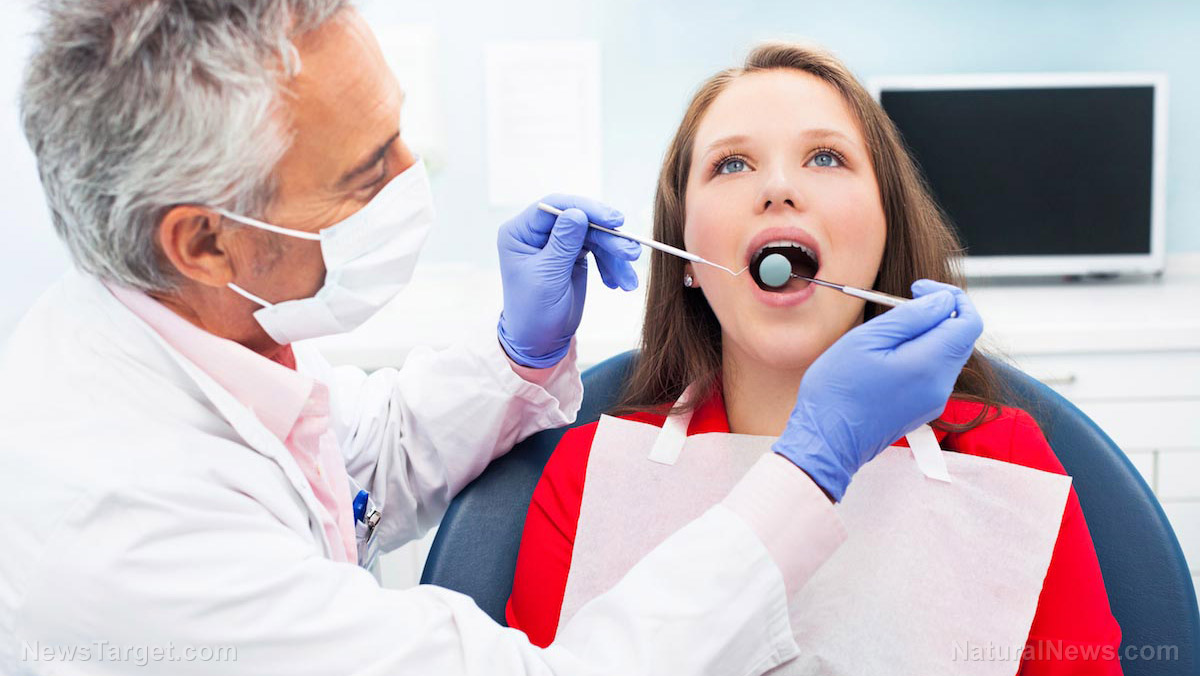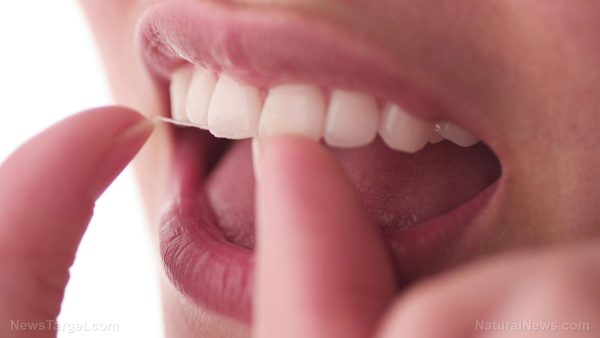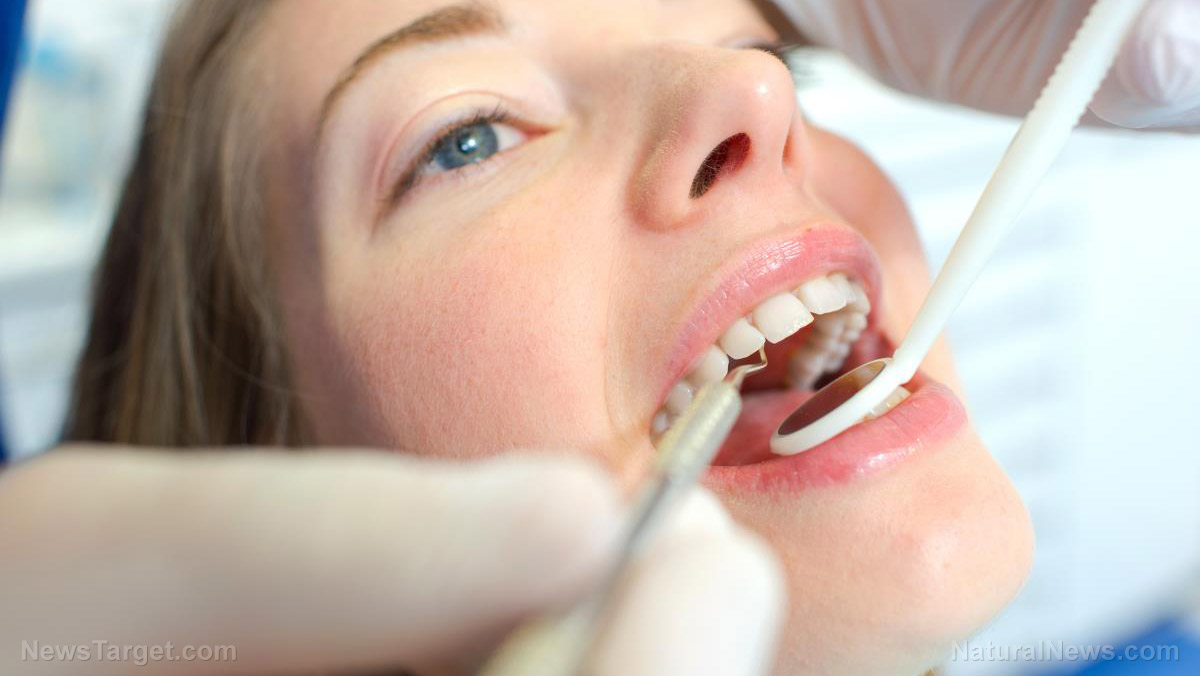The tooth, the whole truth
08/22/2016 / By holisticdentistry

When it came to his teeth, Patrick Forman always considered himself ‘‘an old romantic’’. His gums would bleed continually and he never paid much attention to toothaches.
(Article by Megan Johnston)
‘‘The thought of old age without teeth didn’t bother me,’’ he says.

But when Forman’s knee began playing up three years ago, he was forced to rethink his attitude. The rheumatoid arthritis gradually became worse and he began to suffer psoriasis, chronic colds and heart palpitations.
Nothing seemed to help, until his local dentist in Bathurst removed some bad teeth from his infected gums. His symptoms improved so his GP sent him to a Sydney ‘‘holistic dentist’’, who extracted more teeth and put Forman on a strict hygiene routine.
‘‘Ever since I’ve been ‘cured’; my heart’s been strong, my knees are good and the psoriasis is totally gone,’’ he says. Now 64, Forman even cycled across Australia and to Victoria and back recently.
Whether his dental problems caused his other health issues is uncertain but many studies over the past decade have suggested a link between dental infection and general health issues, especially cardiovascular disease. According to the American Academy of Periodontology, people with gum disease are almost twice as likely to suffer coronary artery disease. It has also been linked to strokes, low birth weights and diabetes.
While the exact nature of these associations is still unclear, the research has highlighted the role dentistry plays in patients’ overall well-being. In turn, more patients are turning to holistic dentists.
Simply put, these specialists consider the patient as a whole. They are trained to the same level as regular dentists and often combine their services with acupuncture or naturopathy.
‘‘The health of the oral cavity is critical to overall health,’’ the dentist who treated Forman at the Sydney Holistic Dental Centre, Dr Ron Ehrlich, says.
Practitioners might trace headaches to teeth grinding, link sleep apnoea to problems with the jaw or treat erosion by examining nutrition. More controversially, many do not use mercury amalgam and a few avoid root canal and fluoride therapy. While the Australian Dental Association states that research has not shown amalgam or other common treatments to be harmful, some holistic dentists are more wary.
‘‘Where there’s reasonable doubt, I think you have to err on the side of caution,’’ Ehrlich says.
He believes using a highly toxic material such as mercury in any form is a sign of ‘‘very low health IQ’’, considering its possible effects on the nervous, renal, immune and other systems.
‘‘Dentists who argue for mercury amalgam are saying, ‘What specific problem does it cause?’ But that’s a linear question,’’ he says.
‘‘We’re exposed to a lot of materials in our society and adding one into the mouth 24 hours a day is perhaps not the best thing for one’s health.’’
Dr David Howard, who practises in St Leonards, does not perform root canal therapy and only uses one metal at a time. Residual bacteria can release toxins following root canal procedures, he says, while multiple metals in the mouth can create electrical disturbances. He is also interested in acupuncture meridians between teeth and different organs and always checks patients’ sensitivities to any dental materials he plans to use.
‘‘Dentists are the world’s biggest implanters of foreign things in people’s bodies and rarely do people get tested to see if they’re allergic,’’ Howard says.
While few dentists go to such lengths, other conventional dentists say the perceived divide between holistic practitioners and so-called mainstream ‘‘mouth mechanics’’ is largely a myth.
“The vast majority of dentists try to practise holistically,” says Dr Christine May, from Holdsworth House Dental Practice in Darlinghurst.
“Holistic gets tagged to things along the lines of alternative medicine and complementary medicine – and there’s definitely a place for that – but to be a holistic dentist doesn’t mean you have to embrace all of those things.”
Many dentists, such as Dr Tijana Fisher from The Dentist, a practice in the city, question the wisdom of rare practices such as eschewing fluoride. ‘‘It has played an amazing role in disease prevention in a few generations of children, which cannot be disputed,’’ she says.
Overall, patients need to weigh up the risks and benefits of any treatment.
The most important thing is to be discerning, May says.
‘‘There’s no definite right or wrong – it’s the best solution for that problem for that patient at that point in time,’’ she says.
‘‘Ultimately, prevention is the cheapest and most enjoyable form of dentistry.’’
Read more at: smh.com.au
Tagged Under: Gums Bleed, Holistic Dentistry

